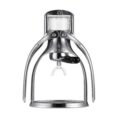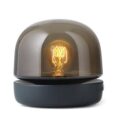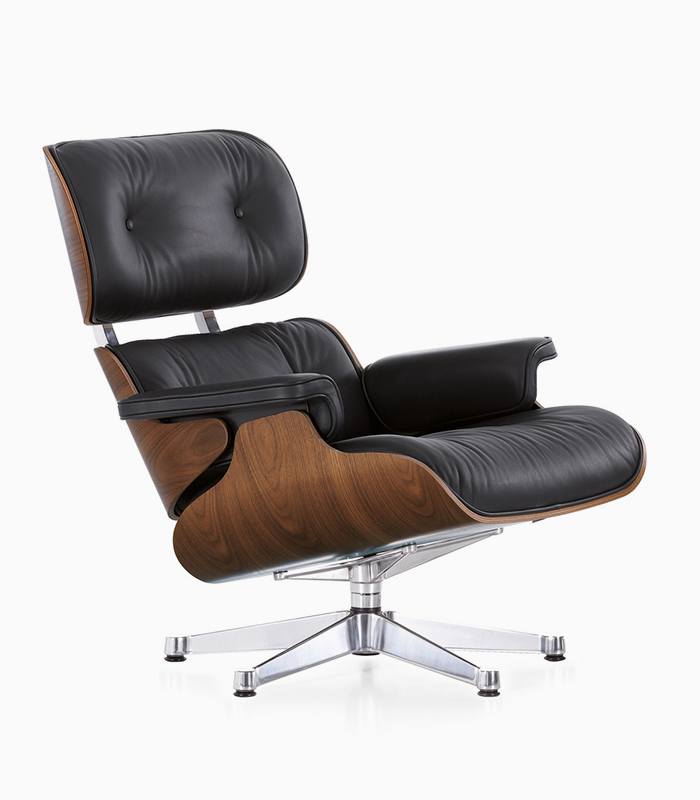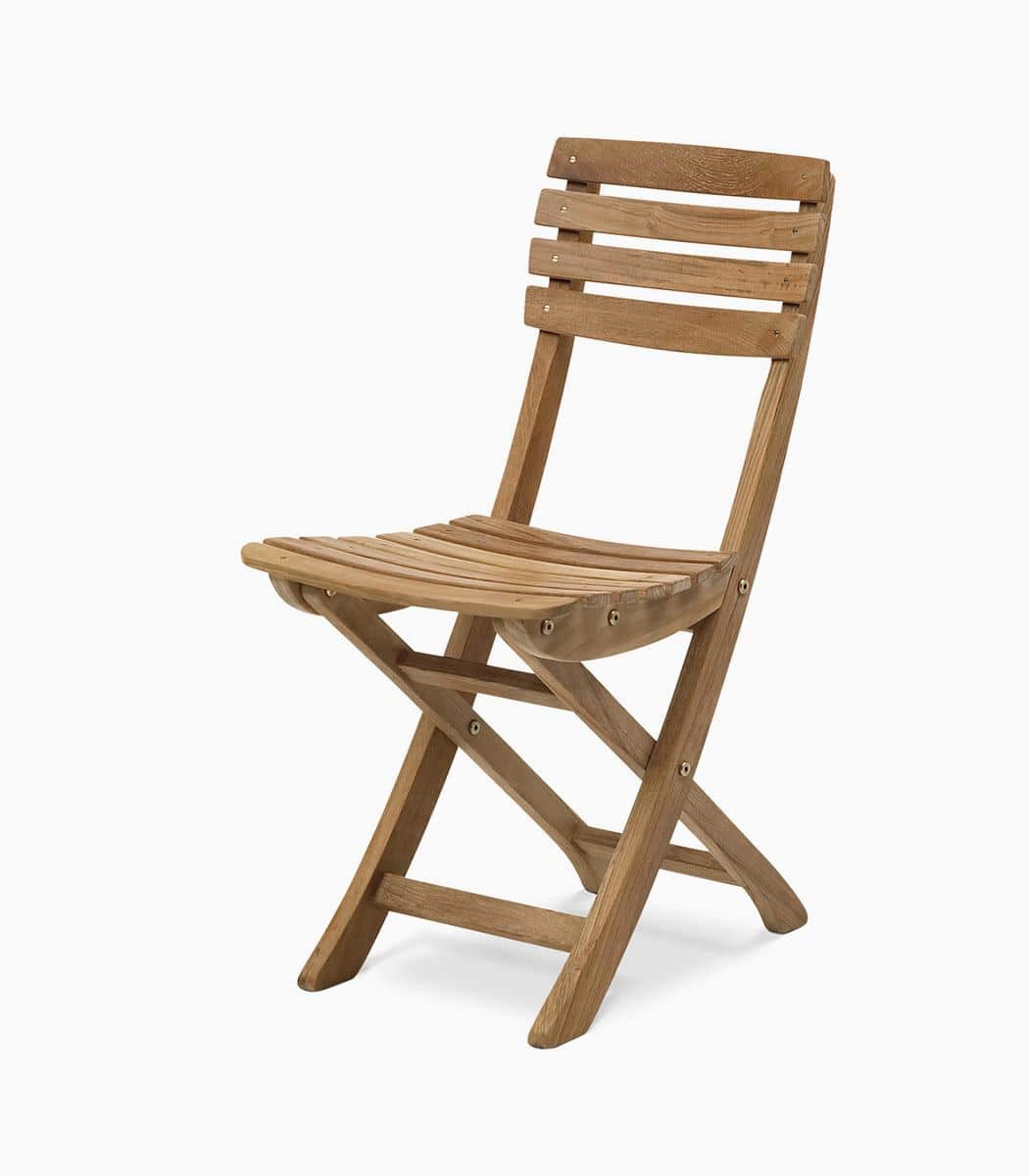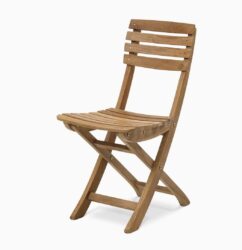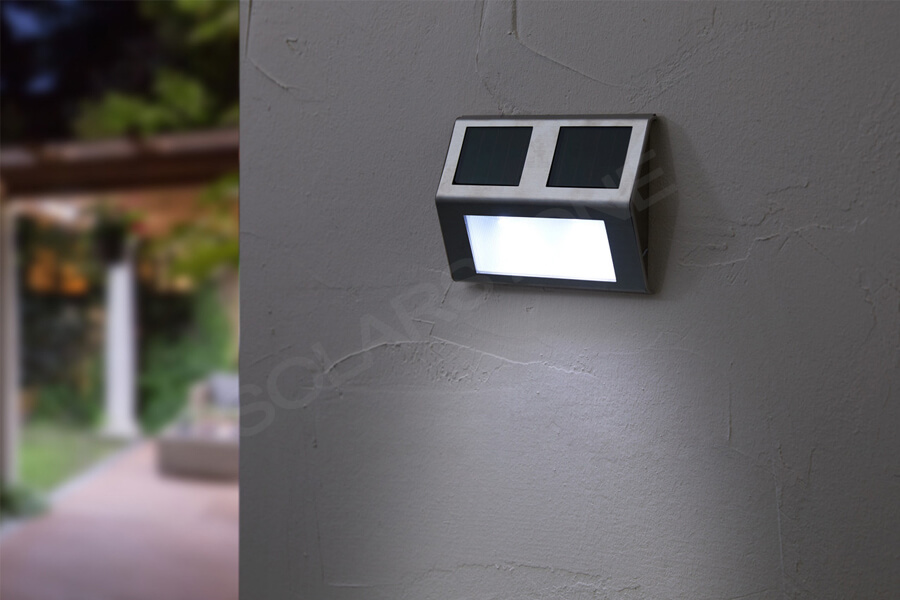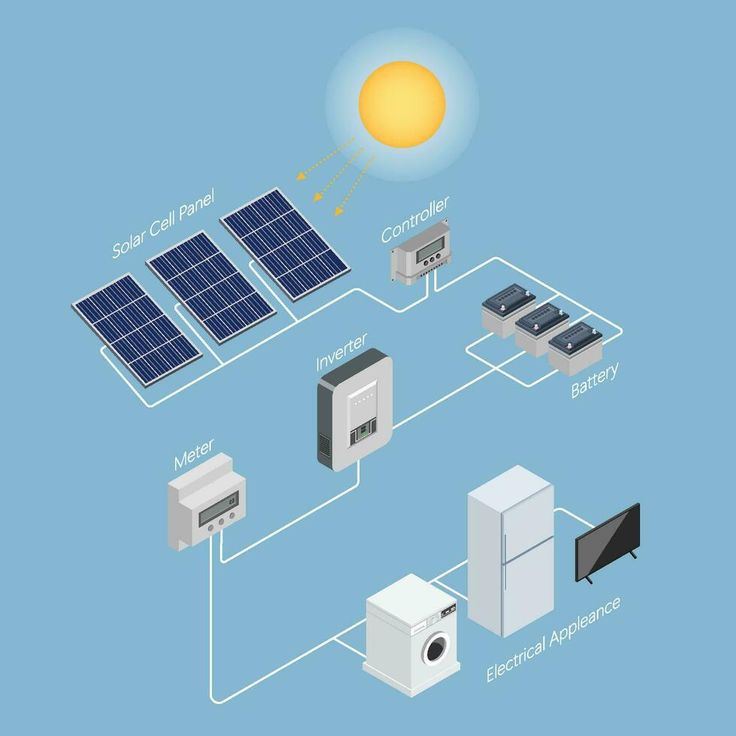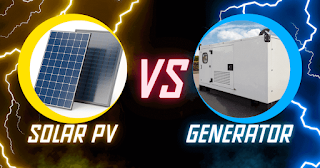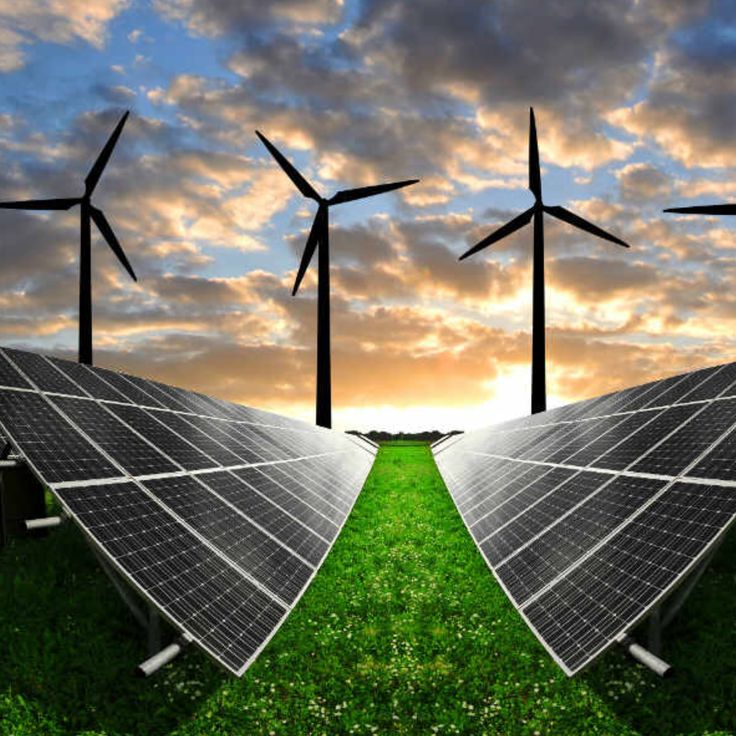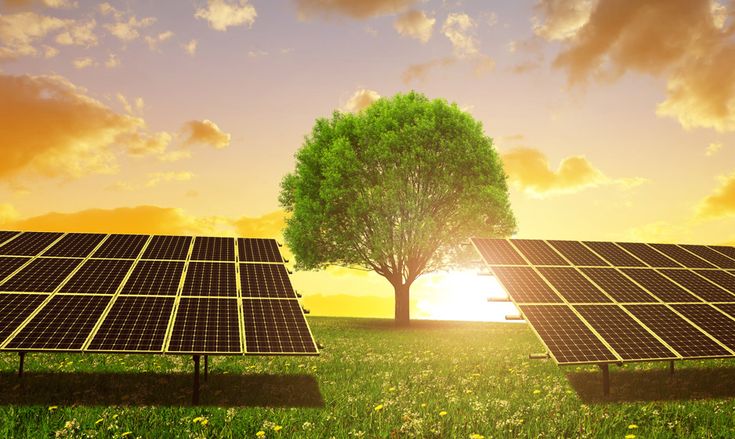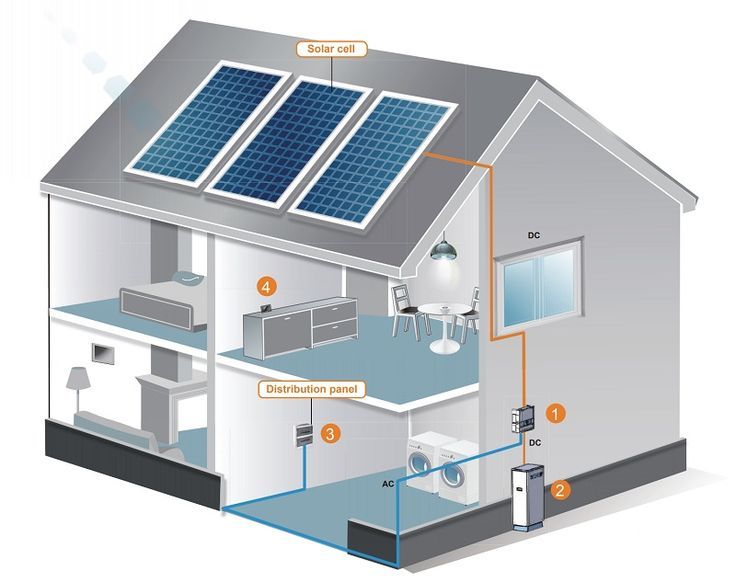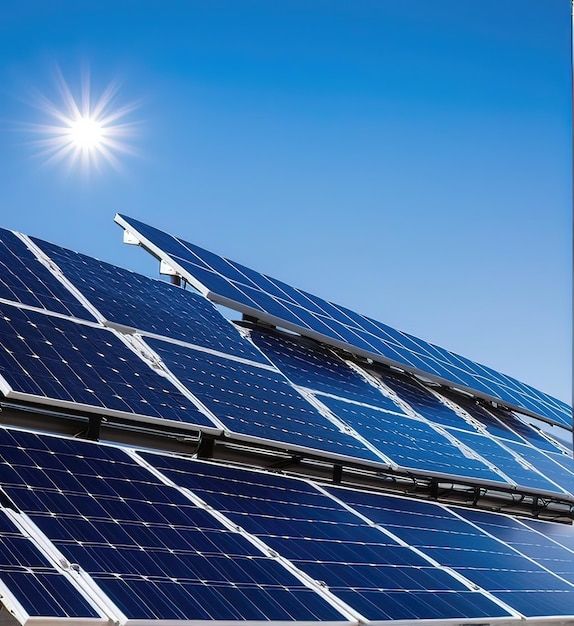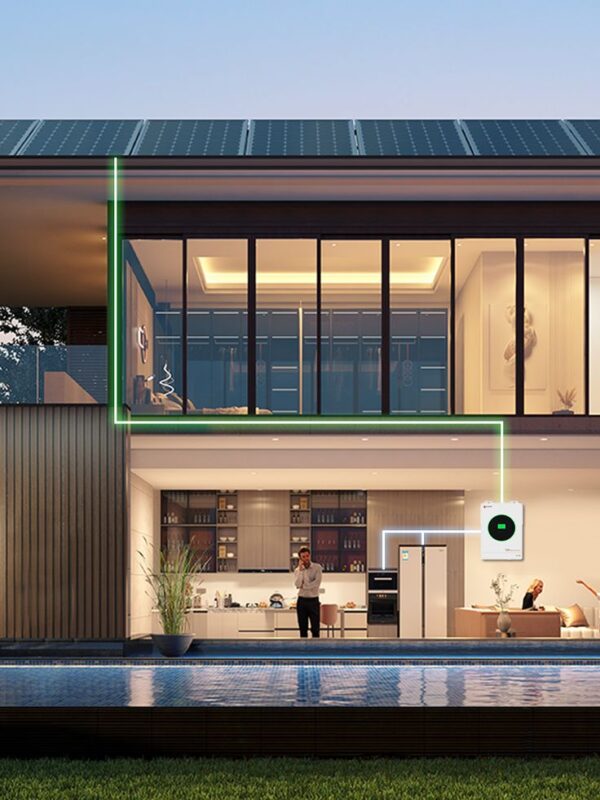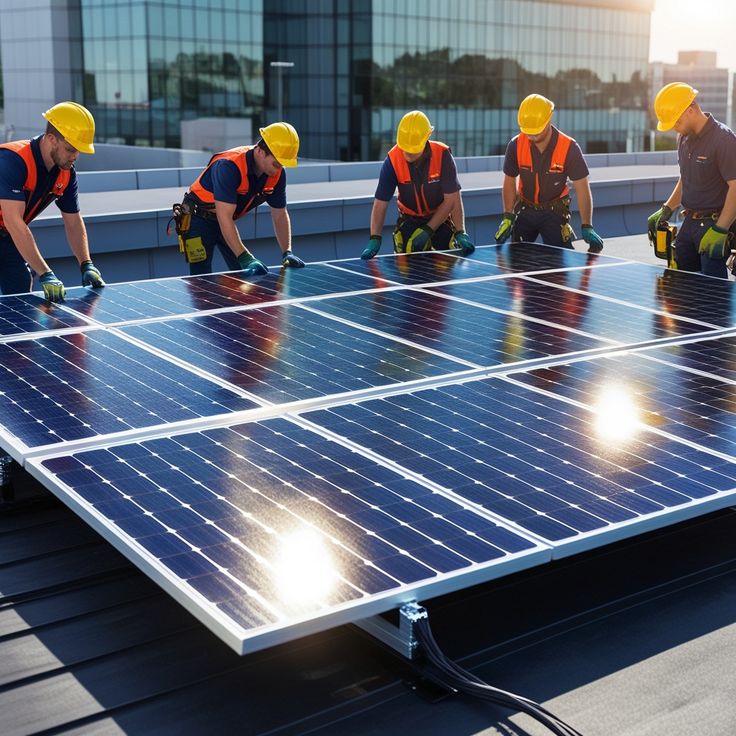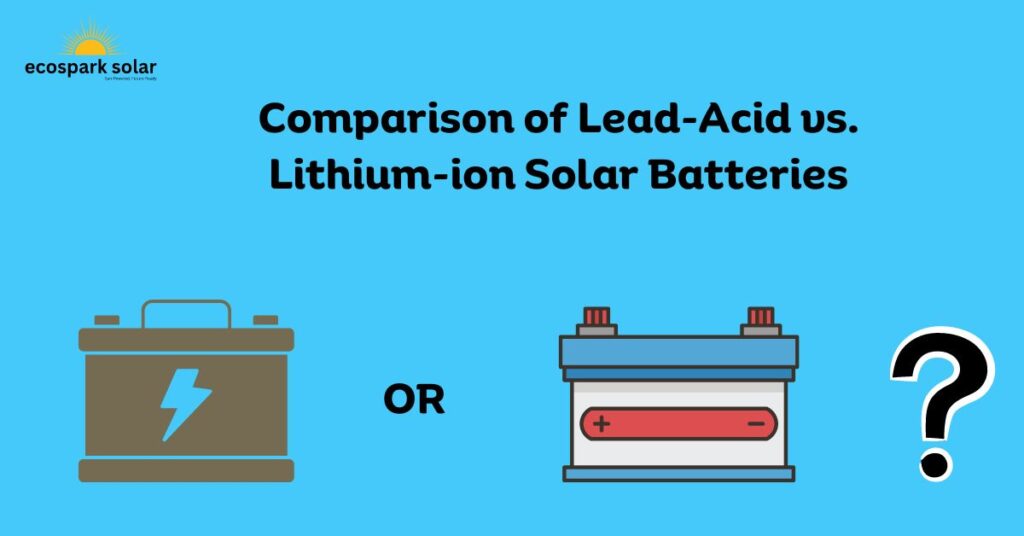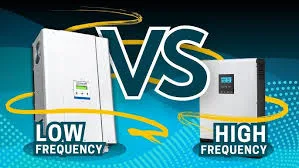Winter solar lights are gaining popularity in Pakistan as an eco-friendly and cost-effective outdoor lighting solution. “Essential FAQs: Whether you’re illuminating your courtyard, garden, or driveway, understanding how to optimize your solar lights is essential. In this post, we answer some of the most common questions regarding winter solar lights to help you make the most informed decision.
Can Winter Solar Lights Be Used in Extremely Cold Environments?
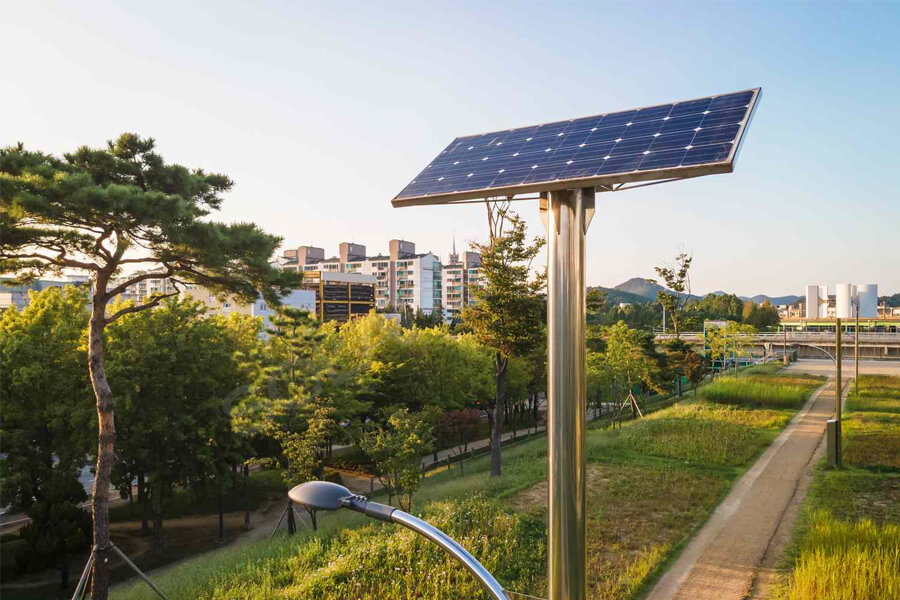
Yes, many winter-specific solar lights are engineered to function in very cold climates. While these lights are designed for extreme conditions, their performance might decrease slightly when temperatures drop significantly.
How to Clean the Solar Panel of a Solar Light?
To maintain optimum performance, gently wipe the solar panel with a soft cloth and warm water. Avoid chemical cleaners, as these may damage the surface and reduce efficiency.
How Often Does It Take to Replace the Battery of a Solar Light?
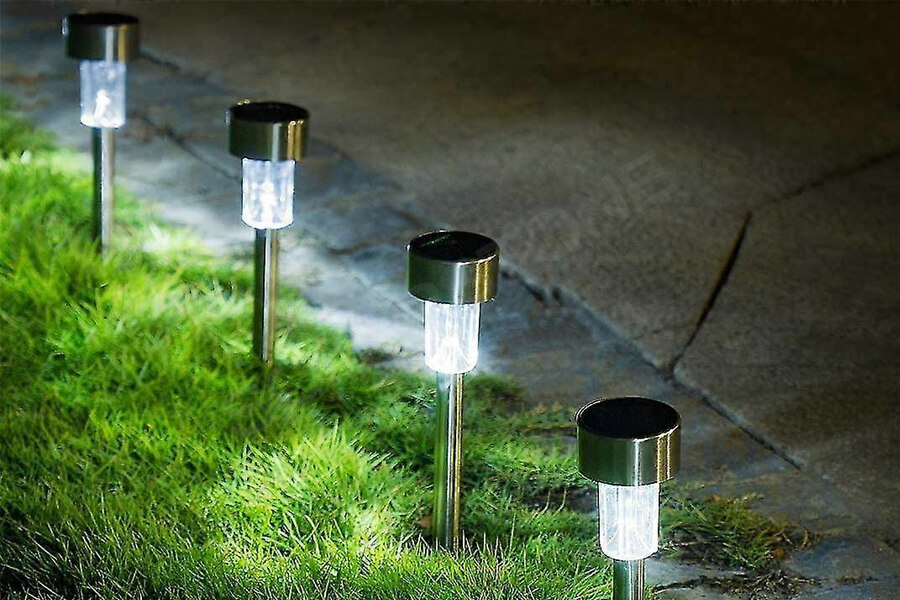
Typically, the battery or solar cell in your light should be replaced every 2-3 years. This ensures the lights operate normally, especially during long winter nights.
What Should Be Checked First if the Solar Light Does Not Light Up?
Before troubleshooting further, check the battery and solar panel for any dust or obstructions. A simple cleaning may restore functionality.
How Effective Are Solar Lights in Areas with Insufficient Sunlight?
In areas where sunlight is limited—such as during overcast winter days—the charging efficiency of solar lights decreases. It is advisable to choose high-efficiency models or consider additional backup power options.
Can Solar Lights Be Used Indoors?
Solar lights can be used indoors, provided that the solar panel receives adequate light for charging. Consider placing them near windows or under bright artificial lighting if natural sunlight is insufficient.
What Are the Types of Light Sources for Solar Lights?
Most solar lights use either LED or halogen lamps. LED lamps are more energy-efficient and have a longer lifespan, making them the preferred choice for outdoor and winter lighting.
Do Winter Solar Lights Require an Additional Power Supply?
Generally, winter solar lights do not need an extra power supply. However, in extreme weather conditions, you might consider using a traditional power source as a backup.
Can Solar Lights Adjust Brightness?
Some high-end models offer a brightness adjustment feature, but most basic models do not include this functionality. Always check the product specifications if brightness control is important to you.
Why Doesn’t My Solar Light Work During the Day?
If your solar light isn’t functioning during the day, it might be due to a malfunction in the light control switch or an issue with the battery not charging properly.
Can the Battery of the Solar Light Be Replaced by Itself?
Most solar light batteries are designed to be replaceable. Always refer to the product manual for specific instructions to avoid any issues during replacement.
How to Determine if the Battery Needs Replacement?
If you notice that your solar light is dimming or failing to light up continuously, it may be time to replace the battery.
What is the Operating Temperature Range of Winter Solar Lights?
Typically, winter solar lights operate effectively between -20℃ and 60℃, making them suitable for most Pakistani winters.
How Does the Light Control Function of Solar Lights Work?
Solar lights automatically switch on at night and off during the day by sensing ambient light levels. This energy-saving feature makes them both practical and economical.
How to Extend the Service Life of Your Solar Lights?
To maximize longevity:
- Regular Maintenance: Clean the panels and inspect them for damage.
- Proper Storage: When not in use, store them in a dry, cool place.
- Avoid Extreme Conditions: While designed for winter, consistent exposure to extreme temperatures can shorten their lifespan.
What is the Usual Warranty Period for Solar Lights?
Warranty periods vary by brand but generally range between 1 and 3 years. Always review the warranty details before purchasing.
Are Solar Lights Waterproof?
Most solar lights are built to be waterproof. However, always check the product instructions to ensure they meet your specific needs—especially during Pakistan’s monsoon season.
What Are the Precautions When Using Solar Lights in Winter?
Regular inspections and cleaning are important. This helps prevent issues like snow or frost accumulation that can affect performance.
Does the Battery Have a Memory Effect?
Modern batteries used in solar lights generally do not suffer from memory effects. They can be charged and discharged at any time without a decrease in capacity.
Can Solar Lights Be Used on Cloudy Days?
Yes, they can work on cloudy days, although reduced sunlight will affect both brightness and operating duration.
How Long Does It Take to Charge a Solar Light?
Under sunny conditions, it typically takes between 6 to 8 hours for a full charge. Ensure your installation location receives ample sunlight throughout the day.
Are Solar Lights Suitable for Outdoor Lighting?
Absolutely. Solar lights are designed specifically for outdoor use, making them ideal for illuminating gardens, driveways, and public spaces.
How to Prevent Solar Lights from Being Stolen?
Consider installing anti-theft measures like locking mechanisms or brackets to secure your solar lights, especially in high-traffic areas.
What is the Working Principle of Solar Lights?
Solar lights work by converting sunlight into electrical energy via solar panels. This energy is stored in batteries, which then power the light automatically when the ambient light decreases.
What is the Optimal Installation Height for Winter Solar Lights?
For optimal lighting effects, install your solar lights at a height of approximately 1.5 to 2 meters. This ensures even illumination across your space.
Can Solar Lights Be Used with Motion Sensors?
Yes, many solar light models support motion sensors. This feature not only saves energy but also enhances security by activating lights only when movement is detected.
Do I Need to Pay Attention to the Battery Terminals?
It is crucial to observe the correct orientation of the battery terminals. Incorrect installation could result in a short circuit and damage the light.
How Many Hours Can Solar Lights Operate Continuously?
Once fully charged, most solar lights can operate for 8 to 12 hours, providing ample illumination throughout the night.
What Alternative Lighting Options Are Available in Winter?
For areas with extremely low sunlight, consider supplementing with LED or other electrically powered lighting options to ensure continuous outdoor illumination.
https://www.solarstonepower.com/frequently-asked-questions-about-using-winter-solar-lights



